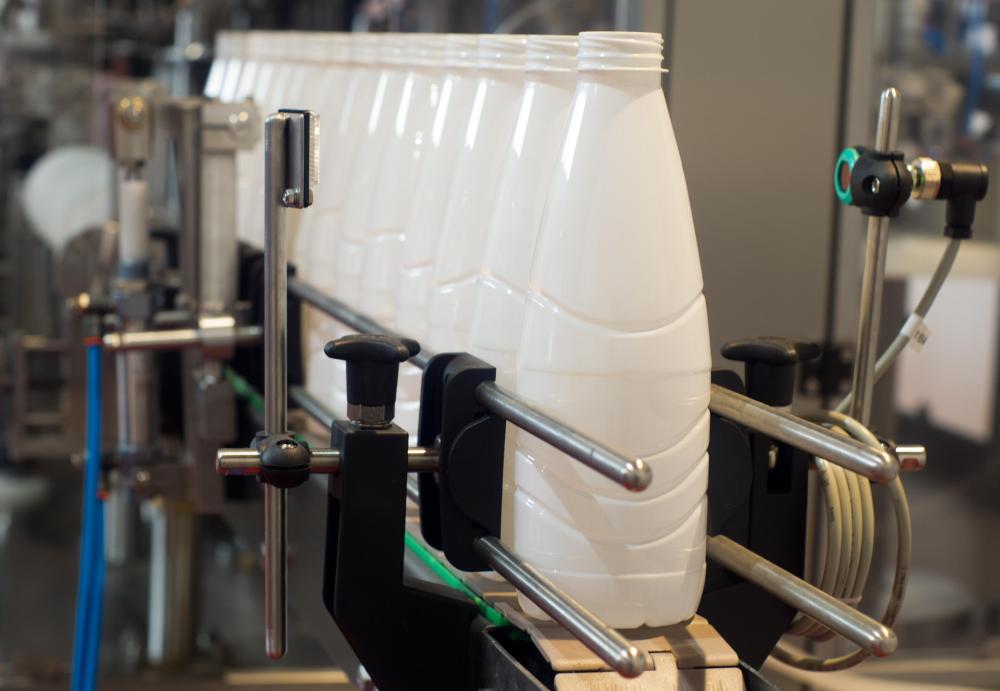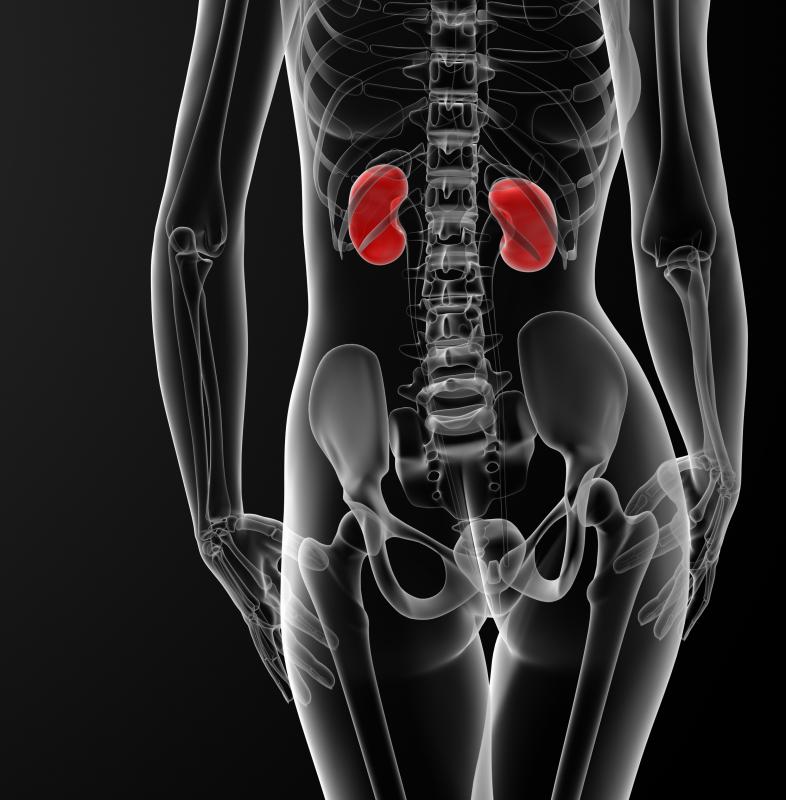At TheHealthBoard, we're committed to delivering accurate, trustworthy information. Our expert-authored content is rigorously fact-checked and sourced from credible authorities. Discover how we uphold the highest standards in providing you with reliable knowledge.
What is Cystine?
Cystine is a naturally occurring, sulfur-containing amino acid derived from cysteine, a related amino acid. They are both among the 20 amino acids that are involved in building plant and animal protein and in controlling cellular functions by catalyzing most of the chemical reactions that occur in living cells. Cystine is a dimeric amino acid formed from the oxidation of two identical, simpler molecules of cysteine, whose sulfur atoms have been linked to form a disulfide bridge. It is referred to as a “dimer” molecule and is a chemically stable form of cysteine. It's a tasteless, organic compound with the molecular formula C6H12N2O4 S2.
William Hyde Wollaston identified cystine in 1810. It went virtually unnoticed until it was isolated from the horn of a cow in 1899. Then it was finally recognized as a component of proteins.

Both cystine and cysteine are categorized as non-essential amino acids. They can be synthesized within the body, so it is not essential that they be obtained from food. They are derived from the same sources, provide identical nutritional benefits and are required by the human body for basic health and vitality. A food source that is naturally rich in cystine/cysteine is whey protein from non-pasteurized milk. Other food sources include garlic, onions, fish, liver, eggs, sesame seeds and other seeds.

There are several hereditary diseases and disorders associated with the abnormal metabolism, transport and storage of this amino acid. One such disorder is cysturia, a metabolic defect characterized by the abnormal movement of cystine and other amino acids in the kidneys and intestines. Cystine occurs as a natural deposit in the urine, but excessive amounts of cystine build up and remain undissolved in the urine. This can cause kidney stones as well as deposits in the ureters and bladder.

Cystinosis is a rare genetic disorder occurring in young children. It is characterized by the abnormal metabolism of cystine and the accumulation of cystine crystals in cellular tissues. These crystals can adversely affect many body systems. The kidneys and eyes tend to suffer the most damage, with retinopathy and short statue being features of the disorder.

Another disorder related to cystine occurs when cellular function in the renal tubules is impaired. This can lead to Fanconi syndrome, which can also be caused by drugs or heavy metals. In Fanconi syndrome, certain substances that are normally absorbed into the bloodstream by the kidneys are released into the urine instead.
A variety of proteins contain cystine, including animal feathers and hooves. Cysteine, in particular, is present in the hair, nails and skin as alpha-keratin, a fibrous insoluble protein. It is abundant in skeletal and connective tissues. Cysteine and its dimer molecule cystine are also involved in major detoxification processes in the body.
AS FEATURED ON:
AS FEATURED ON:















Discussion Comments
So much for TBX to quit smoking.
Cystine as a source of food supplements are used in varied nail and skin vitamin formulas such as Perfectil. It's a substance to avoid because it causes cancers, stones, decaying bones, swelling around eyes and bloating. -- Dr. N. Wijesinha
Post your comments